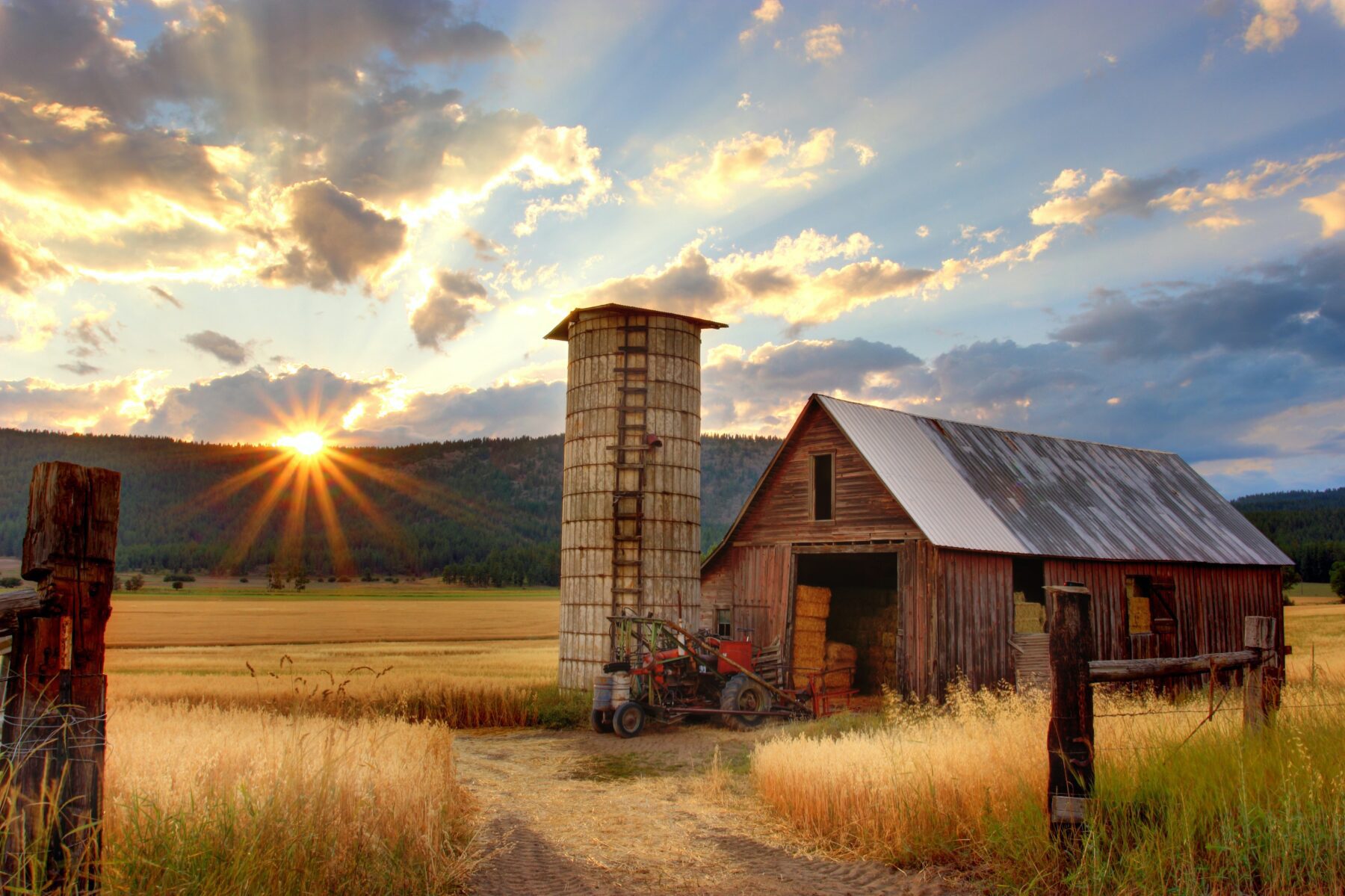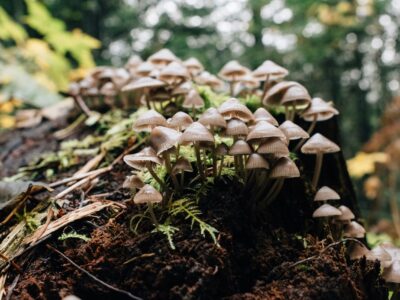Humanity’s very first assignment in the Garden of Eden is to be responsible for the land and creatures that God created. The work of tending the Earth and growing food is a blessing and calling that was given to us in the heart of the Garden of Eden, when we were still in paradise. It is good and very good.
Even though the work of farming and agriculture has always been hard—God says it will be a “toil”—farming is the work of men and women in a restored creation. If the old Adam brought on the toil and hardship of farming, the new Adam—Jesus Christ—is the ultimate redeemer who returns us to that first mission, to take care of and be responsible for the plants, animals, and land that were given to us by God.
Faith and farming are intricately woven together, as inseparable as we are from the fruits of the land. It is hard to imagine a faith that isn’t rooted in agrarian metaphor and imagery. It is what we know, what we can all intimately connect with, even if we’ve never set foot on a farm.
There was a time when nearly everyone grew something to eat. Our day-to-day lives were occupied by the acquisition and preparation of food. Thanks to technological advances and commercial farming, that simply isn’t the case today. As nice as it is to not have to grow our own food, we miss important connections the soil, water, air, plants, and herd animals give us to our faith.
The Blessings and Responsibilities of Farming
The farmer’s daily life is filled with opportunities to reflect and engage with the God of the universe, who told parables lifted from the soil under His feet. In fact, three quarters of Jesus’ illustrations and parables are about farming, farms, or farmers. Farming comes with an armload of blessings, including better health, more peace and happiness, joy, not to mention fresh, healthy, and natural food.
These blessings also come with great responsibility for the farmer’s stewardship of the earth. When God created the earth, he called it good, and yet in many places around the world, the earth doesn’t seem to be that healthy anymore. Water is undrinkable or unavailable. The air is difficult to breathe and can even make people sick. Even here in the United States, the soil’s nutrients can become depleted, water can be in short supply, and environmental changes and unpredictable weather patterns can disrupt the time-tested rhythms farmers follow from season to season.
We all have a responsibility to care for creation, but farmers are especially connected to and responsible for keeping the land healthy and fruitful… it’s in their best interests, and ours!
God not only delights in our own productivity; he also wants to see the rest of creation flourish. “He blessed them and told the creatures that live in the water to reproduce and to fill the seas, and he told the birds to increase in number” (Genesis 1:22). As followers of God, we’re called to keep and make room for the other creatures God created to thrive alongside us. The psalmist in Psalm 104:10-12 writes, “You make the springs flow in the valleys and rivers run between the hills. They provide water for the wild animals, there the wild donkeys quench their thirst. In the trees nearby, the birds make their nests and sing.”
Confess and Repent
Our faith insists that we care for creation. Farmers can do this in a myriad of ways. To begin with, we can assess the environmental damage in our region. What is the source? If the soil’s nutrients have become depleted, what are non-chemical ways they could be restored? Scripture offers a model for a Sabbath for the land—just like humans, the earth needs to rest. If the soil is eroding, what can be done to prevent it? No-till farming and cover crops can prevent erosion and restore nutrients. Consult with your state’s department of agriculture to learn about sustainable farming practices in your region.
If the environment in our region is threatened by outside forces, the biblical prophets model advocacy and call the powers-that-be to justice. Farmers understand just how interconnected our ecosystem is and how much its health impacts the quality of crops. We can stand up for our region’s environment and advocate for environmentally friendly practices.
Pray
We’re also called to pray. Farmers’ routines and daily habits lend themselves to the incorporation of prayer and other spiritual disciplines that can help us to connect with the Lord while we go about otherwise mundane activities. All of our exercises on farms are sacred when seen in the Light of Christ. Thank God for the land and environment in your community. If appropriate, ask for forgiveness for the unintended damage that has been done to the land. Seek the Lord for wisdom about how you can best steward the resources on your farm and on your land (even those creatures God made that seek your property as wildlife refuge), and pray for those in your area who might be—intentionally or unintentionally—hurting your environment.
Pass It On
The Holy Spirit compelled the fishermen, farmers, and others who followed him to stop standing around, staring up at the sky, watching Jesus leave and get back to the good work of spreading the good news. Having grown up in a farming community, I know how connected area farmers are to one another. Don’t be shy about telling others what God has revealed to you in Scripture about caring for creation. Be bold and courageous, spreading the best practices of agriculture in your community. With your leadership, you could transform your region for the better and restore your land to its Edenic state.
Farmers around the globe are taking up the responsibility of caring for creation. Halfway around the world, the Scripture Engagement Department of SIL Nigeria started the Faith and Farming program to empower farmers in Africa and elsewhere see the connection between the Bible and their daily work. Their 220-page workbook on Faith and Farming is a practical and empowering guide to integrating your faith with your agricultural practices. People everywhere rely on farmers for food; farmers are vital leaders in the renewed movement to protect, preserve, conserve, and restore our environment so that it can remain lush and fruitful for generations to come.





 Copyright
2024
Root and Vine
Copyright
2024
Root and Vine